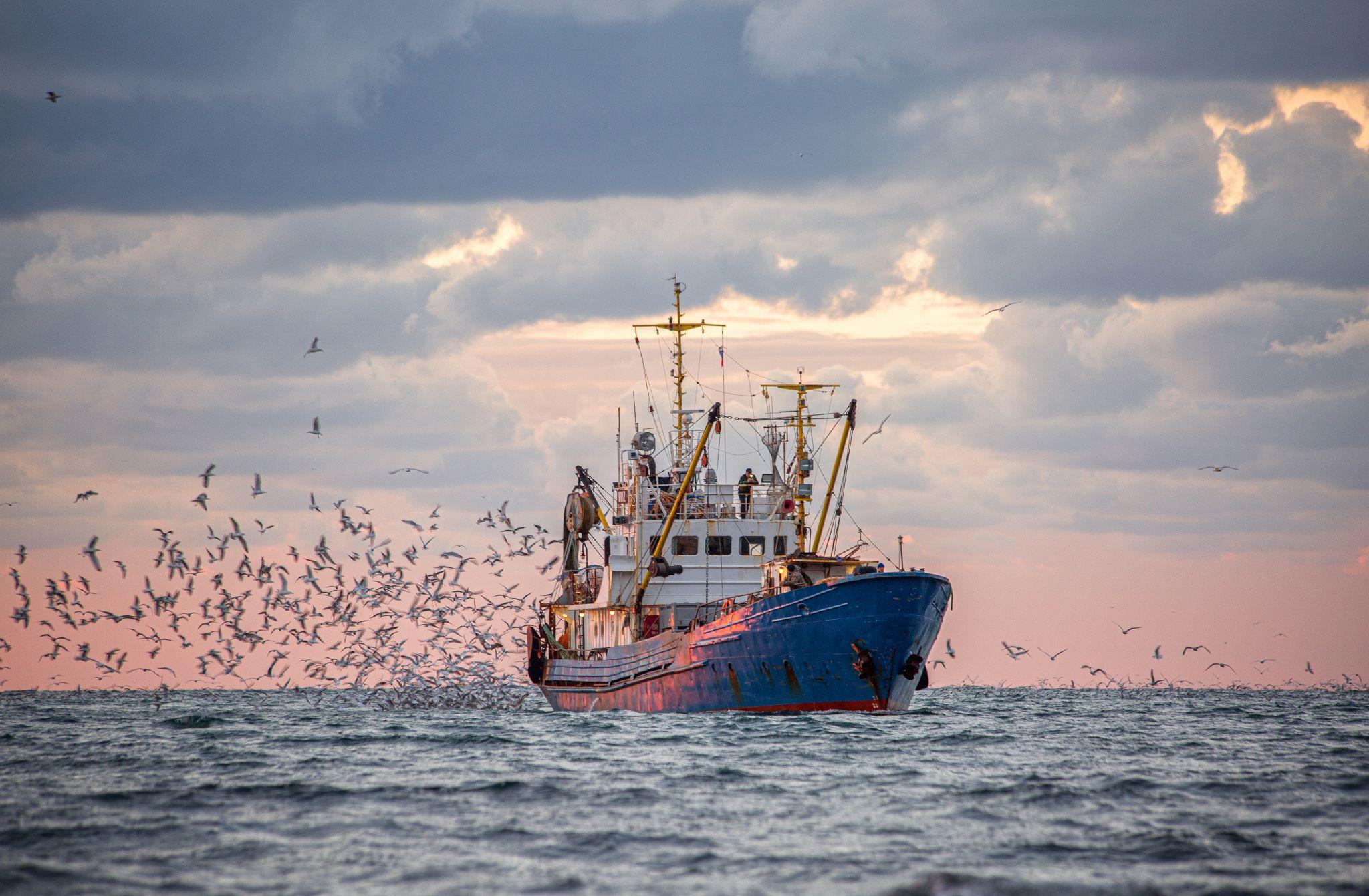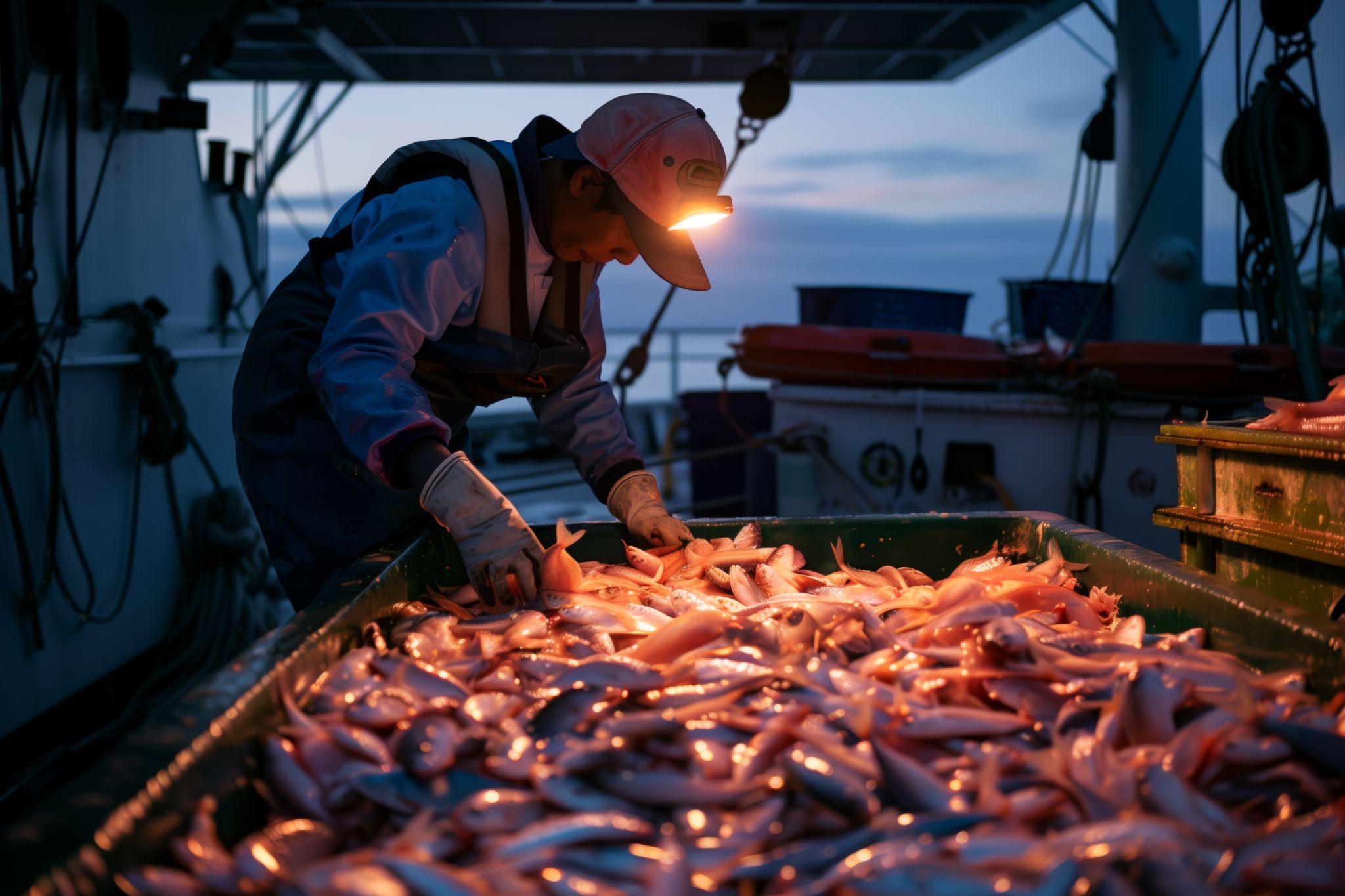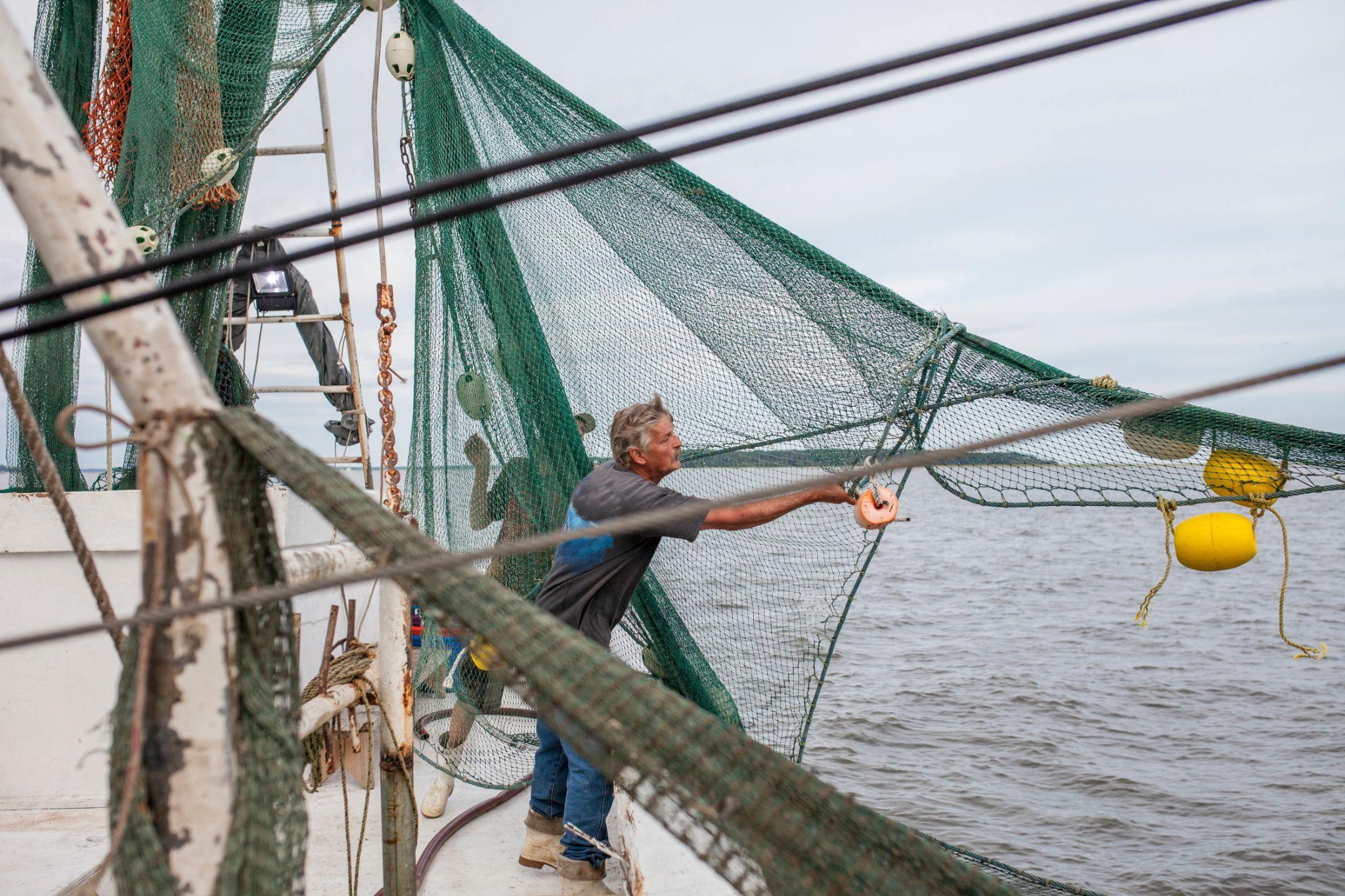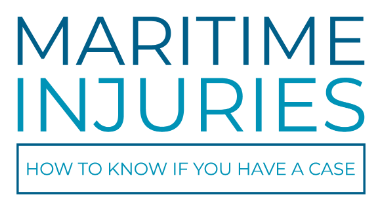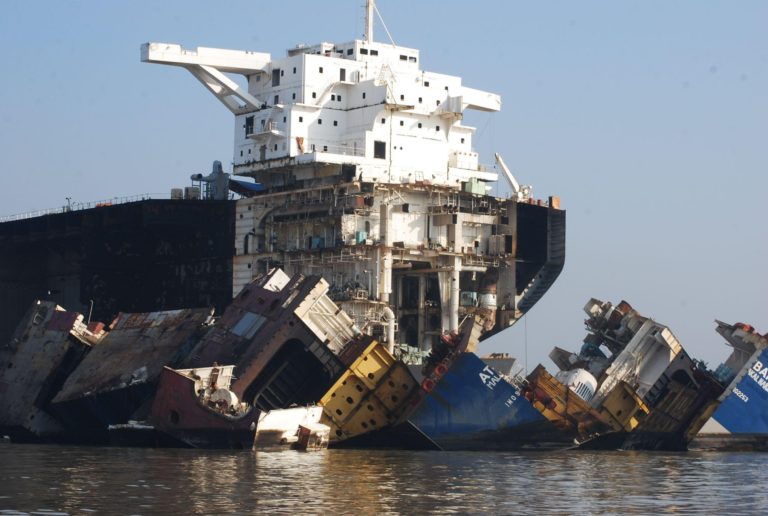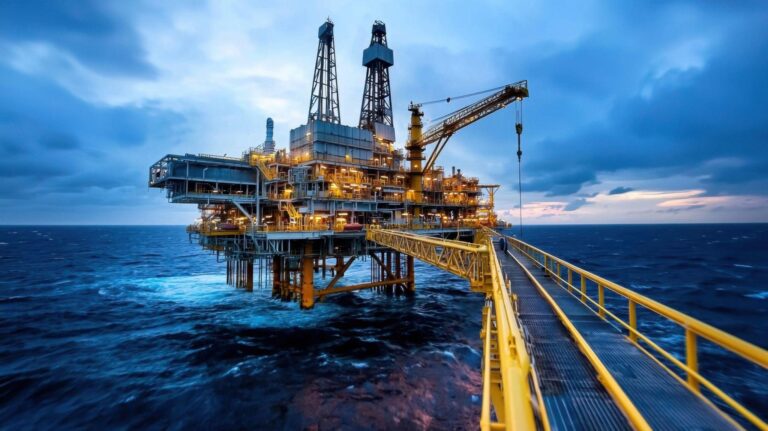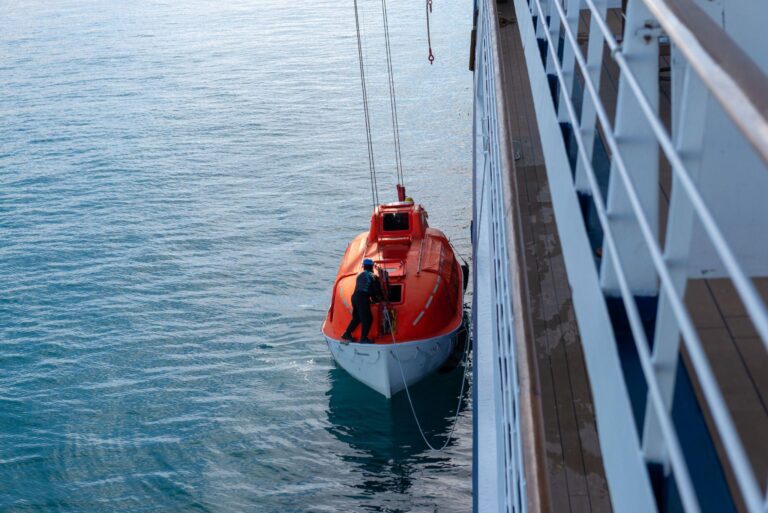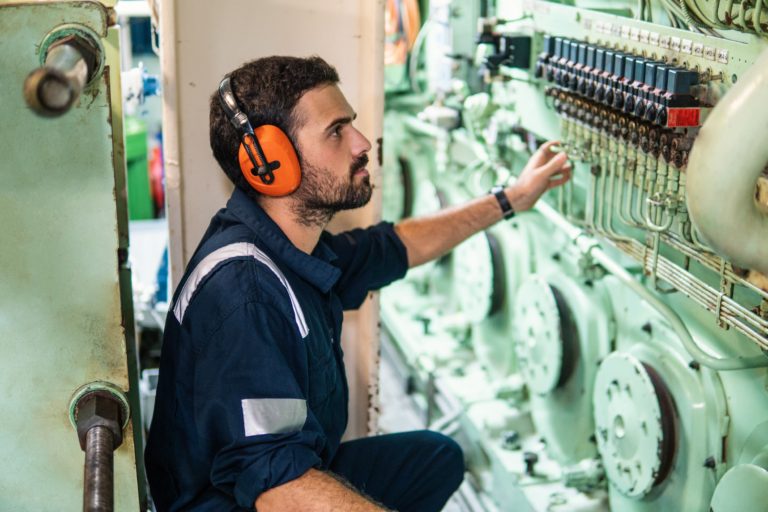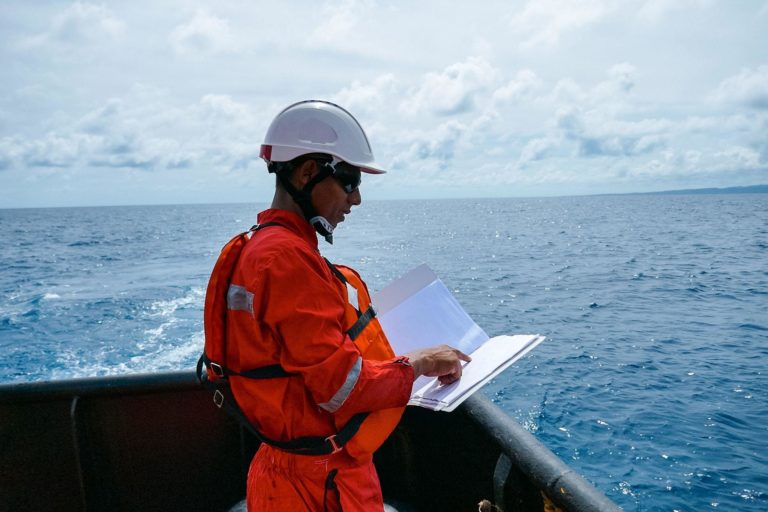Among the many types of commercial fishing boats, seiner fishing boats are unique due to their use of large, weighted nets. However, the same equipment, along with the harsh conditions of commercial fishing, contributes to numerous injuries in this line of work.
A Lucrative But Dangerous Occupation
Whether on a seiner or another vessel, commercial fishing can provide substantial earnings for crew members, with wages often depending on the tonnage of fish caught during a season. However, to earn these high wages, crew members must endure harsh weather, rough seas, freezing temperatures, and incredibly long working hours.
Along with weather, cramped spaces make it difficult to get sufficient rest between shifts, causing fatigue and negatively affecting focus, which is critical for proper equipment use. The nets used on seiner fishing vessels, along with other equipment, carry a number of life-threatening or fatal injury risks.
Common Fishing Accidents and Injuries Associated With Seiner Vessels
Seiner vessels pose unique risks due to their use of large, weighted nets and heavy equipment. The demanding work environment, combined with these factors, leads to a variety of injuries. Common types of commercial fishing injuries include:
- Repetitive Strain Injuries: Crew members often develop repetitive strain injuries from tasks that require constant or forceful movement, such as pulling in nets or handling equipment.
- Acute Injuries: Cuts, bruises, sprains, and fractures can occur when hands or other body parts get caught in nets, hooks, or machinery. These injuries are often preventable with proper training, attention, and the use of protective gear like gloves.
- Severe Accidents: The presence of large nets and heavy equipment on the decks of seiners increases the risk of serious accidents. Crew members may suffer from broken bones, head trauma, spinal cord injuries, or even limb loss, often caused by trips, falls, or being struck by equipment.
- Man Overboard and Hypothermia: Crew members can be knocked overboard by equipment, especially during rough seas. In cold weather, they are at risk of developing hypothermia or frostbite.
In addition to these physical hazards, vessel accidents such as collisions, capsizing, and sinking are not uncommon in commercial fishing, further increasing the likelihood of injuries and fatalities.
Many of these commercial fishing accidents and injuries are preventable and often stem from negligence, such as improper training, inadequate maintenance of equipment, or failure to inspect vessels regularly.
Understanding General Maritime Law and the Jones Act for Injured Seiner Crew Members
General maritime law offers a wide range of protections to seamen, including the right to maintenance and cure, which covers basic living and medical expenses for seamen injured while serving a vessel. This right applies regardless of fault, meaning that an employer is obligated to provide maintenance and cure even if the injury or illness was not caused by negligence.
In addition to maintenance and cure, general maritime law provides common law remedies for seamen who suffer injuries, fatalities, or accidents at sea. These remedies include how damages are assessed and how contributory negligence may reduce a seaman’s recovery if their own actions contributed to their injury.
The Jones Act supplements general maritime law by allowing injured seamen to sue their employers for negligence. Under the Jones Act, seamen can seek compensation for commercial fishing injuries caused by unsafe working conditions, improper training, unseaworthiness of the vessel, or other negligent actions. Compensation under the Jones Act can include damages for lost wages, medical expenses, pain and suffering, and more.
By combining the protections of general maritime law, including maintenance and cure, with the additional remedies provided by the Jones Act, injured seamen have several avenues for seeking compensation. Families of deceased maritime workers may also pursue wrongful death claims under these laws.
How to Get Compensation for Injuries Sustained While Working on Seiner Fishing Vessels
Both general maritime law and Jones Act claims have a statute of limitations of three years, which can be shortened by some circumstances, such as where the vessel was located at the time the accident or injury occurred. Waiting beyond the statute of limitations can nullify your claim, resulting in zero compensation for injuries, lost wages, and other damages.
The best way to seek compensation is to speak with an experienced maritime lawyer as soon as possible after your injury on a commercial fishing boat. Also, before you consider having any maritime lawyer represent you, it’s vitally important to ensure they only handle cases brought forth by plaintiffs (injured parties), and do not also represent defendants (ship owners, coworkers, and employers). This focus ensures that your lawyer is committed to advocating for your rights and securing the compensation you deserve.
The experienced maritime attorneys at Schechter, Shaffer & Harris specialize in maritime law, and only represent plaintiffs. In our over 45 years in practice, we have recovered over $1 billion for victims of maritime accidents.
We operate on a contingent fee, which means that our attorneys only get paid when you do. In other words, you don’t pay us unless we get you compensation.
No maritime worker should suffer injury or death working on a fishing boat because of employer negligence. Schechter, Shaffer & Harris is ready to get you the compensation you deserve. Contact us online or call us today at 800-836-5830 for a free consultation.

